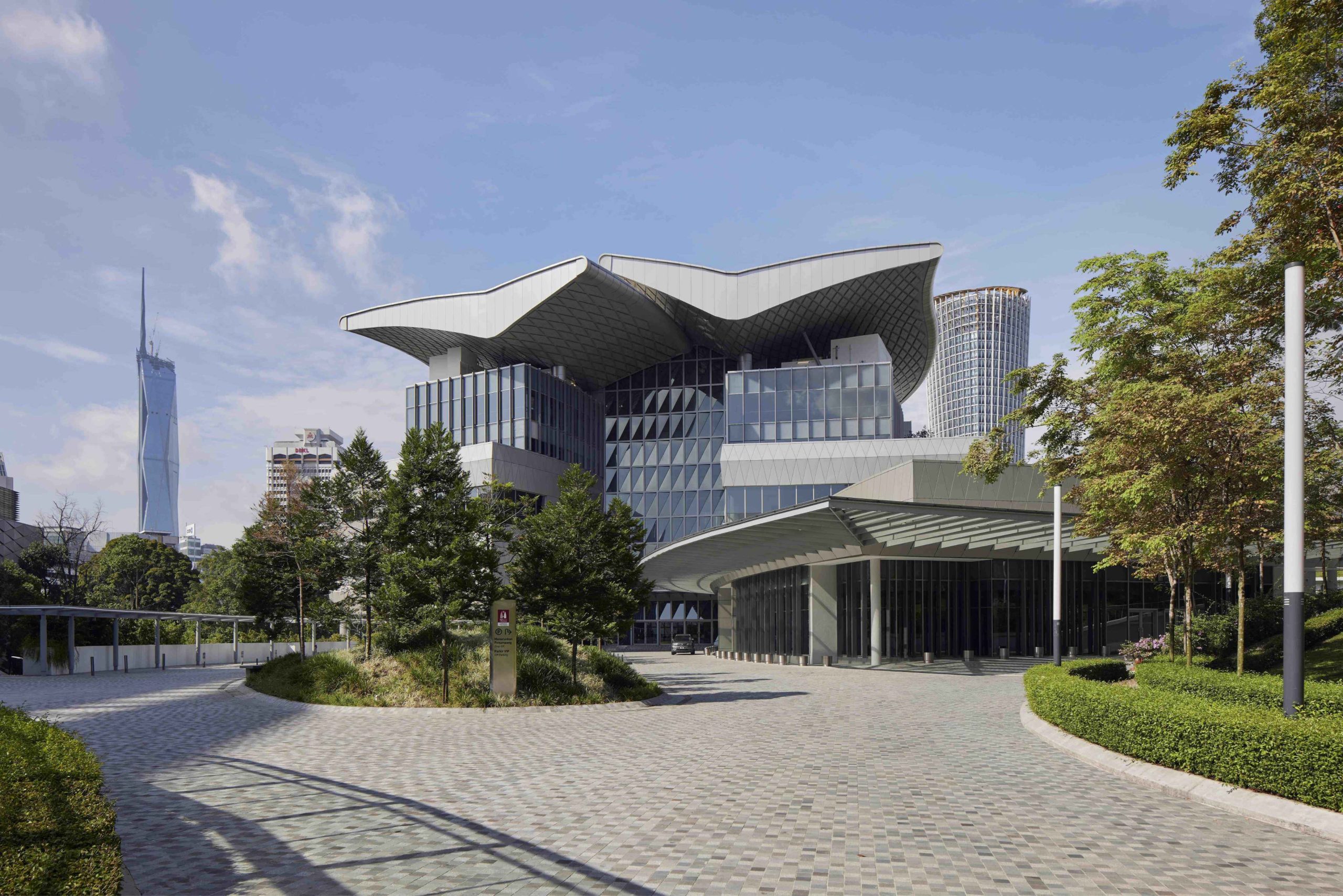- About

Established in 2015 in collaboration with MIT Sloan Management, our vision is to be a global knowledge hub, with regional insights from Asia and the emerging world.
- Faculty & Research

ASB’s research centers conduct impactful research in emerging markets, business strategies, technology, and sustainability. Together, they foster innovation in the business landscape.
- Academics

The ASB curriculum seamlessly integrates MIT Sloan’s rigor with the strategic insights of Asia. With MIT Sloan Immersion and Industry Treks, it immerses future leaders in a diverse range of industries.
- Executive Education


ASB provides executive education programs covering corporate governance, general management, and finance, including the mandatory Financial Institutions Directors’ Education (FIDE) programs.
- Innovation
- Corporate

ASB excels through dynamic collaborations, addressing business challenges with innovation, built on robust partnerships.
Executive Education- Sustainability
Sustainability in the Energy Sector
(Registration Closed)
Sustainability in the Energy Sector
(Registration Closed)
Closed
Date
N/A
Time
RM 1,000
Program Fee
N/A
Format
Closed
Date
N/A
Time
RM1,000.00
Program Fee
N/A
Format
As countries commit to reduce their carbon emissions and achieve net zero by 2050, the energy sector will need to radically change. The numbers are clear: Over 70% of existing greenhouse gas (GHG) emissions comes from the energy sector and about 80% of our primary energy sources are currently based on fossil fuel like coal, oil, and natural gas.
The sustainability imperative and emphasis on ESG factors represent a reputational and financial risk to most existing players in the industry as well as opportunities for companies that are investing in low-carbon solutions.
In this half-day program, we will explore how the energy sector is changing including strategies employed by existing players to reduce their carbon footprint and seize opportunities in renewables, and policy instruments that are used to push firms to change their investment patterns towards green investments.
Within a highly interactive setting, this program will discuss how ESG and decarbonization mandates can affect energy companies as well as the impact of national policies and goals – including Malaysia’s aspiration to reach net zero by 2050 and Europe’s proposal of a carbon border tax.
A case study discussion of Exxon versus activist hedge fund Engine No. 1 (the Reenergize Exxon campaign) will highlight institutional and individual investors’ concerns about legacy energy companies as the world transitions out of fossil fuel.

- Explain how technical, political, and economic factors are changing the world’s energy mix;
- List policy instruments that governments are deploying to promote green investments and how they affect capital allocation;
- List some strategies palm oil companies can employ to mitigate their sustainability risks;
- List the main ESG concerns that investors have and how firms in the energy value chain are dealing with them;
- Identify some key issues and pitfalls especially in the transition journey that directors should be looking out for.
- Directors of banks and insurance companies seeking to understand energy companies as part of their client risk assessment and for pricing purposes.
- Directors of energy companies
- Senior management of energy companies
- Policymakers
- Anyone else who might find this program useful.

Renato Lima de Oliveira
Faculty Profile
Renato Lima de Oliveira is Assistant Professor of Business and Society at the Asia School of Business (ASB). He earned his PhD from the Massachusetts Institute of Technology (MIT) in Political Economy and Comparative Politics. His research focuses on state-business relations and energy transition.
He is also a research affiliate at MIT and has worked as an energy and environmental policy consultant including on assignments for the World Bank and the Ministry of Energy of Mexico. He has been frequently featured in the international press and has given talks on academic and industry forums.
Connect with us to start
Sustainability in the Energy Sector
(Registration Closed)
RM 1,000
